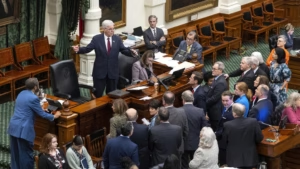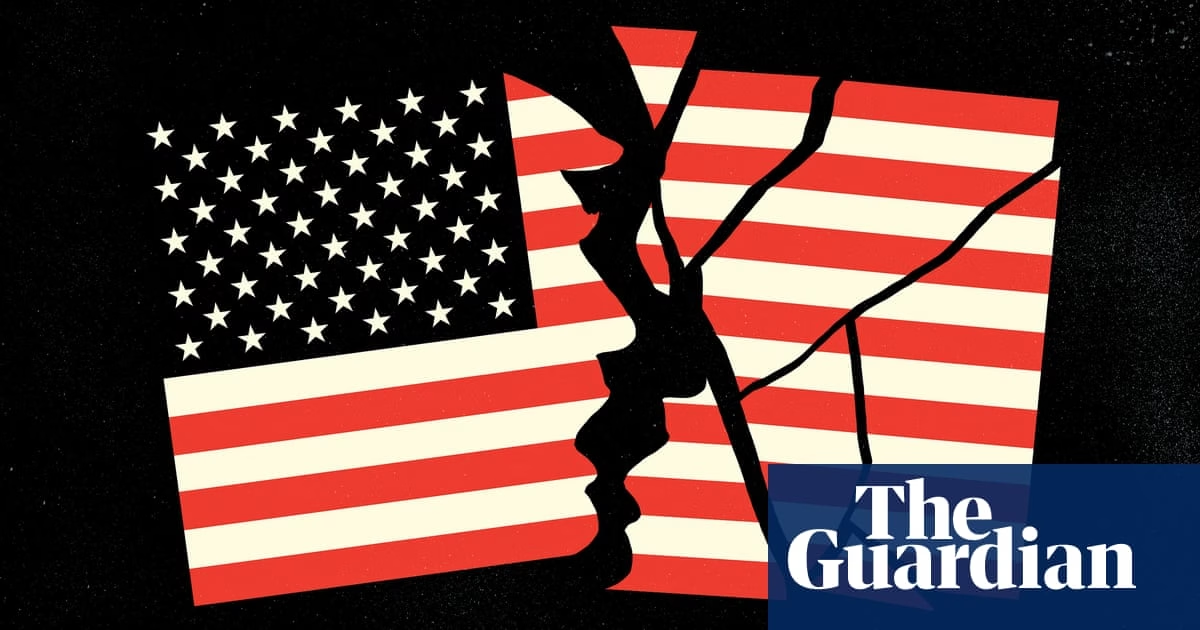Donald Trump’s pledge to transform the US economy has resonated with millions of Americans, who have been grappling with higher prices and larger bills. Seeking to revitalize the nation’s industrial heartlands and shift the economic burden to the rest of the world, Trump has promised an unprecedented assault on international trade this Wednesday, labeled “Liberation Day” by the president and his aides.
This historical implementation of tariffs is designed to fund a significant economic revival, as Trump plans to raise tariffs on all products from countries that impose tariffs on US exports. He also intends to introduce strict tariffs on goods from Canada and Mexico, target imports from countries dealing with Venezuelan oil, levy high tariffs on foreign cars, computer chips, and medications, and impose duties on countries that import oil from Venezuela.
Business leaders and economists have expressed significant concern over the scale of this trade strategy, predicting that it could lower US gross domestic product (GDP) by about 0.7% and result in the loss of around 500,000 US jobs. According to Eswar Prasad, a professor of trade policy at Cornell University and a former International Monetary Fund official, the escalating tariffs would deal a severe blow to the global trading system.
Although Trump’s rhetoric suggests that this is a bold and radical overhaul of the US economy, his actions have been more cautious. Even as he escalates threats, there are indications that he is aware of the potential risks involved. His declarations about the effects of tariffs on inflation and prices show a transition from absolute statements to more nuanced admissions that prices may rise “somewhat” and that there might be a “little disturbance,” he is, however, “alright with that.”
There is a gap between Trump’s promises and the reality of how companies and investors worldwide can keep up with the erratic trade policies of his administration. For instance, tariffs implemented to protect bourbon makers have left them disoriented as the rules fluctuate constantly. Thus, despite the initial support from American consumers for Trump’s stance on international trade, the implications of his policies are raising unconsidered consequences and uncertainties in the global market.
Source: https://www.theguardian.com/us-news/2025/mar/31/trump-trade-war-tarrifs-economy







